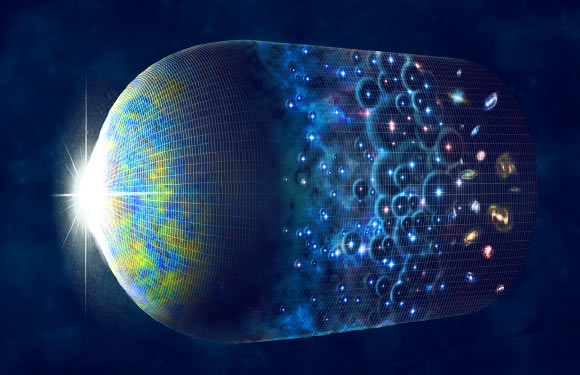In a new book published by the Oxford University Press, Australian Catholic University’s Dr. Sam Baron and his colleagues provide the first systematic analysis of the idea that time does not exist.
Does time exist? The answer to this question may seem obvious: of course it does! Just look at a calendar or a clock.
But developments in physics suggest the non-existence of time is an open possibility, and one that we should take seriously.
How can that be, and what would it mean? It’ll take a little while to explain, but don’t worry: even if time doesn’t exist, our lives will go on as usual.
Crisis in Physics
Physics is in crisis. For the past century or so, we have explained the Universe with two wildly successful physical theories: general relativity and quantum mechanics.
Quantum mechanics describes how things work in the incredibly tiny world of particles and particle interactions. General relativity describes the big picture of gravity and how objects move.

